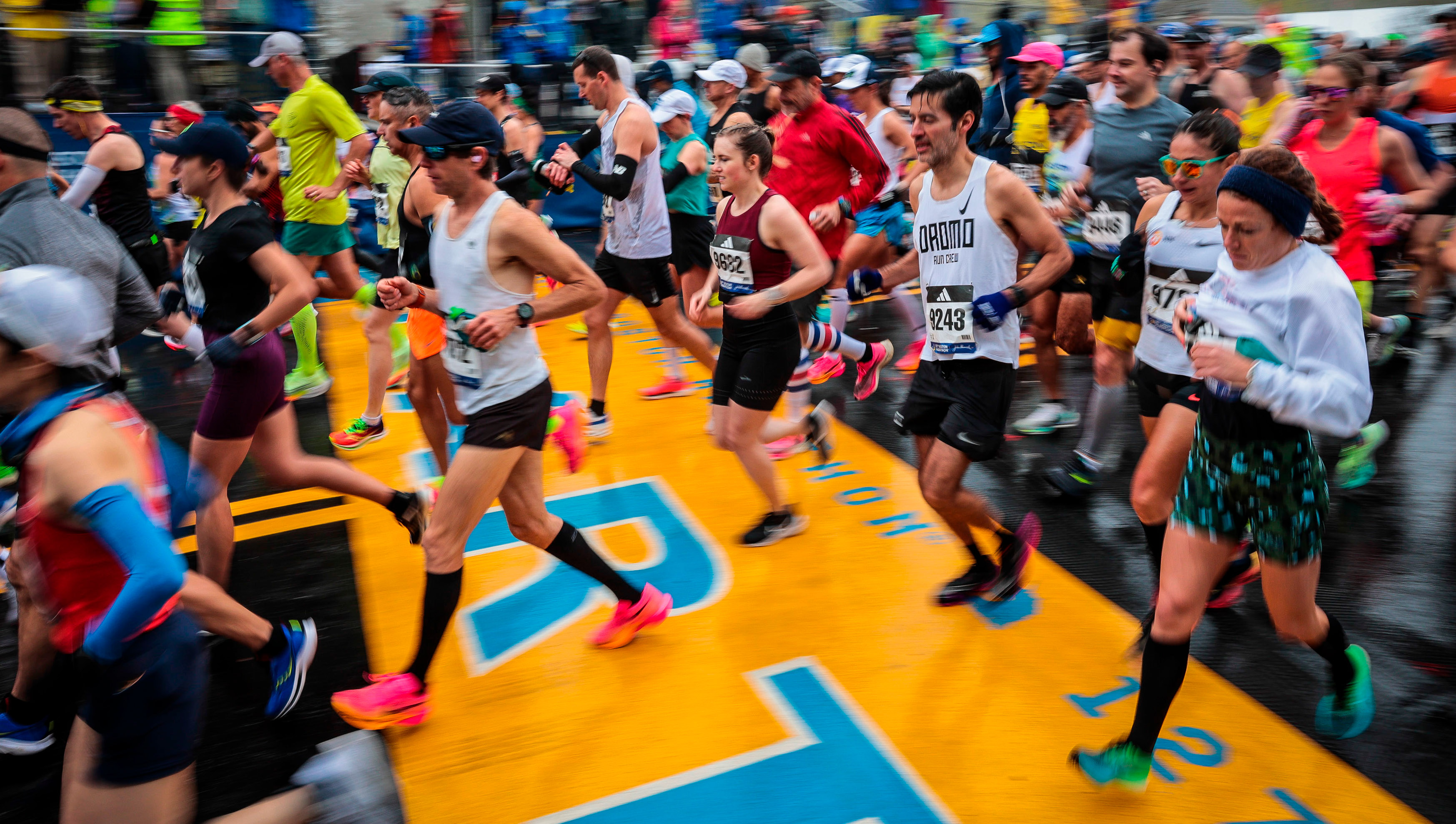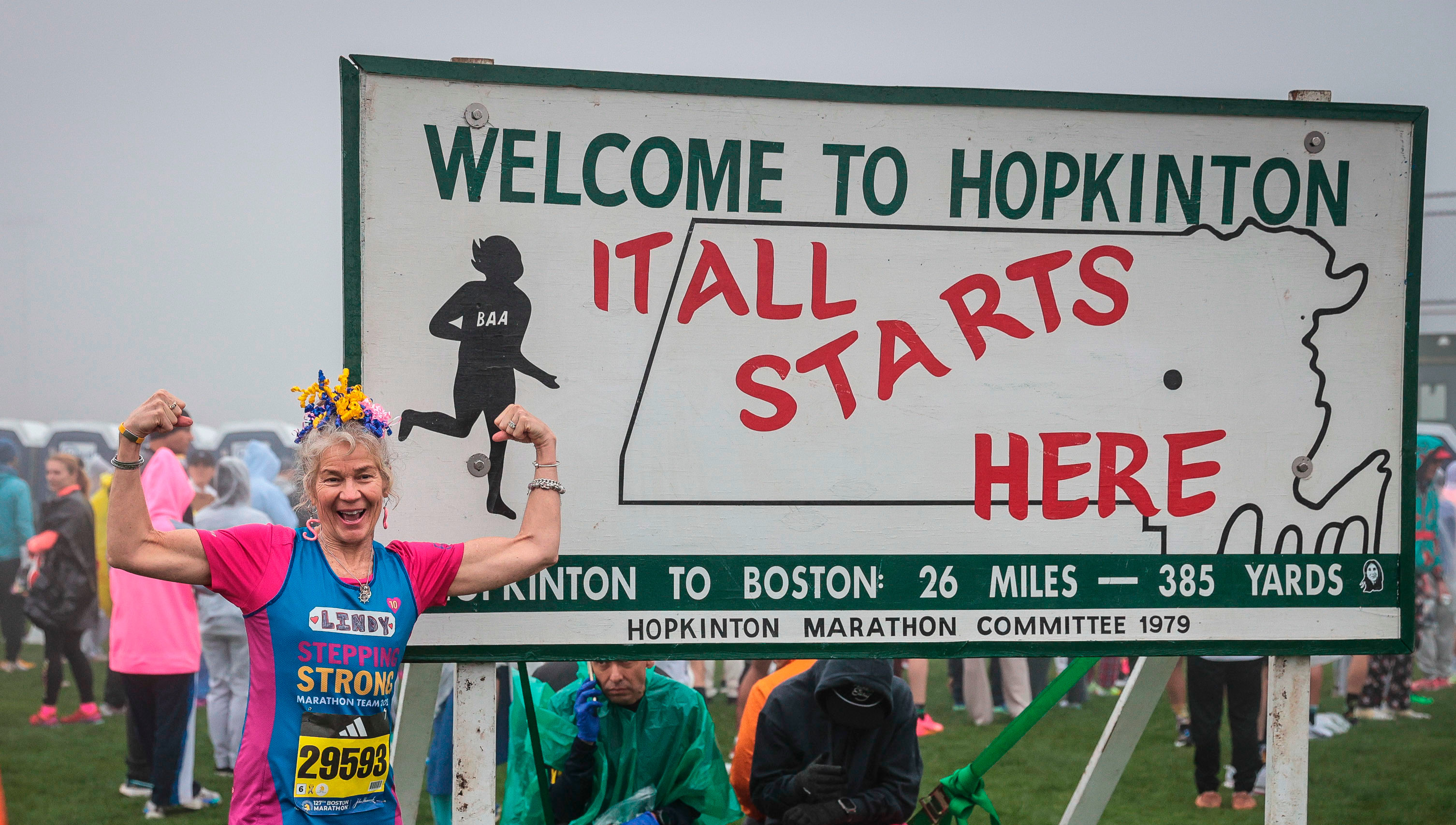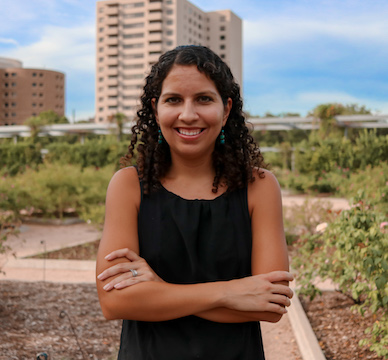Boston Marathon Start Time: When Does The 2024 Race Begin?
The Boston Marathon begins later than smaller marathons you may have run before, here’s how to make sure you’re prepared for a later start time

If you’ve ever run any of the Abbott World Marathon Majors, you likely know that they tend to start much later than most other well-known marathons. It’s a boon for spectators and runners in that neither have to wake up as early, but it can also throw up difficulties for runners who can face quite a bit of downtime before their individual start time.
To help, I’ve included information about when to wake up, when to head to the start village and how to adjust your fueling plans to accommodate the later Boston Marathon start time, based on my experience of running the Boston Marathon last year.
When do the elite races start?
The Boston Marathon kicks things off with the men’s and women’s wheelchair races at 9.02am and 9.05am Eastern Time, respectively. These are followed by the handcycles and duos at 9.30am, then the professional men at 9.37am, the professional women at 9.47am, and the para athletics division at 9.50am.
What time is the mass start?
The mass start begins with Wave 1 at 10am, followed by Waves 2, 3, and 4 at 10.25am, 10.50am, and 11.15am, respectively. Your wave start is determined by your qualifying time, with the fastest runners being seeded in the front. Exact time cut-offs for each wave vary each year—even though my 2023 qualifying time of 3hr 30min 14sec was nearly five minutes below my age-graded standard of 3hr 35min, I still ended up in Wave 3.
Can I start in a different wave than assigned?
You cannot move up to a faster wave and color-coded race numbers make it very easy for race organizers to enforce this rule. You can, however, move back to a slower wave if you wish to run with a friend seeded further back.

Where does the Boston Marathon start?
The Boston Marathon starts in the town of Hopkinton, which is more than 26.2 miles from Boston. That’s right, longer than the marathon. One thing I learned last year that no one really talks about is that the walk from the bus dropoff to the starting line is about a mile long.
With that in mind, I would recommend taking advantage of any bathrooms you come across along the way, because after the late-morning hydrating that I wasn’t used to, I found I could have used one more stop before lining up. There were more bathrooms on the way to the starting line, but the lines were pretty long, so I opted to keep moving to start on time. This made for needing to stop mid-race at mile 2, which likely cost me a minute or so on my final time, since all the bathrooms were already occupied I sprinted off-course to use one.
What time should I wake up on Marathon Monday?
Figuring out when to wake up can be tricky, since you’ll want to factor in when to eat breakfast, and whether you’ll do it at your hotel, or on the bus on your way to Hopkinton.
Even though I didn’t start until 10.50am in Wave 3 last year, I was up with my husband at 5am, as he was in Wave 1 and needed to leave earlier. I opted to prepare my oatmeal as late as possible to take it with me to eat on the bus.
If you were going to do that as well, I would say a good rule of thumb would be to wake up at least an hour before you need to be on the bus, assuming you’re staying five to 10 minutes away as we were.
What time do I need to head to the start village?
Most runners choose to stay downtown at one of the hotels that is within walking distance of the finish line on Boylston Street, the expo at Hynes Convention Center and the various events taking place in the days leading up to the race. The Boston Athletic Association highly recommends runners take their official buses from Boston Common, which is a short walk from area hotels, to ensure you make it on time for your assigned wave.
Buses for Wave 1, 2, 3 and 4 leave at 6.45am, 7.30am, 8.15am and 9am respectively, with the final bus departing at 9.30am You can expect the bus ride to take about an hour with regular and other bus traffic, so you may want to use the bathrooms at the transportation village at Boston Common before boarding the bus.
Allow for extra time to drop your bag at the location near the finish line. Don’t forget to leave it before you board the bus, as no bags will be transported back from the start in Hopkinton.
If you plan to drive yourself or get dropped off in Hopkinton, be sure to give yourself even more breathing room to account for traffic and ensure you make it on time.
How To Fuel And Hydrate For A Late Race Start
Since I was in Wave 3 for my first Boston Marathon last year, I didn’t start the race until 10.50am, which is practically lunchtime for someone who is accustomed to running earlier in the day. Being from Houston, Texas, I am used to starting most long runs by 6am and most long-distance races by 7am.
I actually got a taste of similar logistics to the Boston Marathon the summer before I raced it, when I traveled to Ventura, California to run the Mountains2Beach Half Marathon. I didn’t give much thought to the two hours in between when I left my hotel to board a bus to the start and when the race actually started, eating my typical oatmeal breakfast before I left and not packing anything else other than my mid-race energy gels. The race start also ended up being delayed by half an hour, and I was feeling hungry again by the time the gun went off. This was not ideal, and I paid the price for improper pre-race fueling, bonking hard by the halfway point of the race.
Luckily, even though that was “only” a half marathon, it was a reality check for what to expect in Boston, and I knew to pack snacks like graham crackers, stroopwafels and granola bars for the bus ride and start village wait. If you’re on Instagram, I recommend following registered sports dietitians like Starla Garcia and Meghann Featherstun, who will post race-morning fueling and hydration suggestions based on your Boston start time, also noting when you should plan to stop eating and hydrating before your start time.
A post shared by MeghannFeatherstun | Dietitian (@featherstonenutrition)
A photo posted by on
For help picking, consult this guide to the best running gels.
Get the Coach Newsletter
Sign up for workout ideas, training advice, reviews of the latest gear and more.

Emilia Benton is a freelance journalist primarily covering running, health, and fitness. She has more than 15 years of writing and editing experience and her work has appeared in publications such as Runner's World, SELF, SHAPE, Women's Health, Healthline, the Houston Chronicle, San Francisco Gate, and others. Emilia has also been a runner herself since she was a 16-year-old high school sophomore. She ran her first marathon at the 2010 New York City Marathon and has since gone on to run 11 more marathons including the Boston Marathon, as well as more than 30 half marathons. She is also a USATF Level 1-certified run coach.
